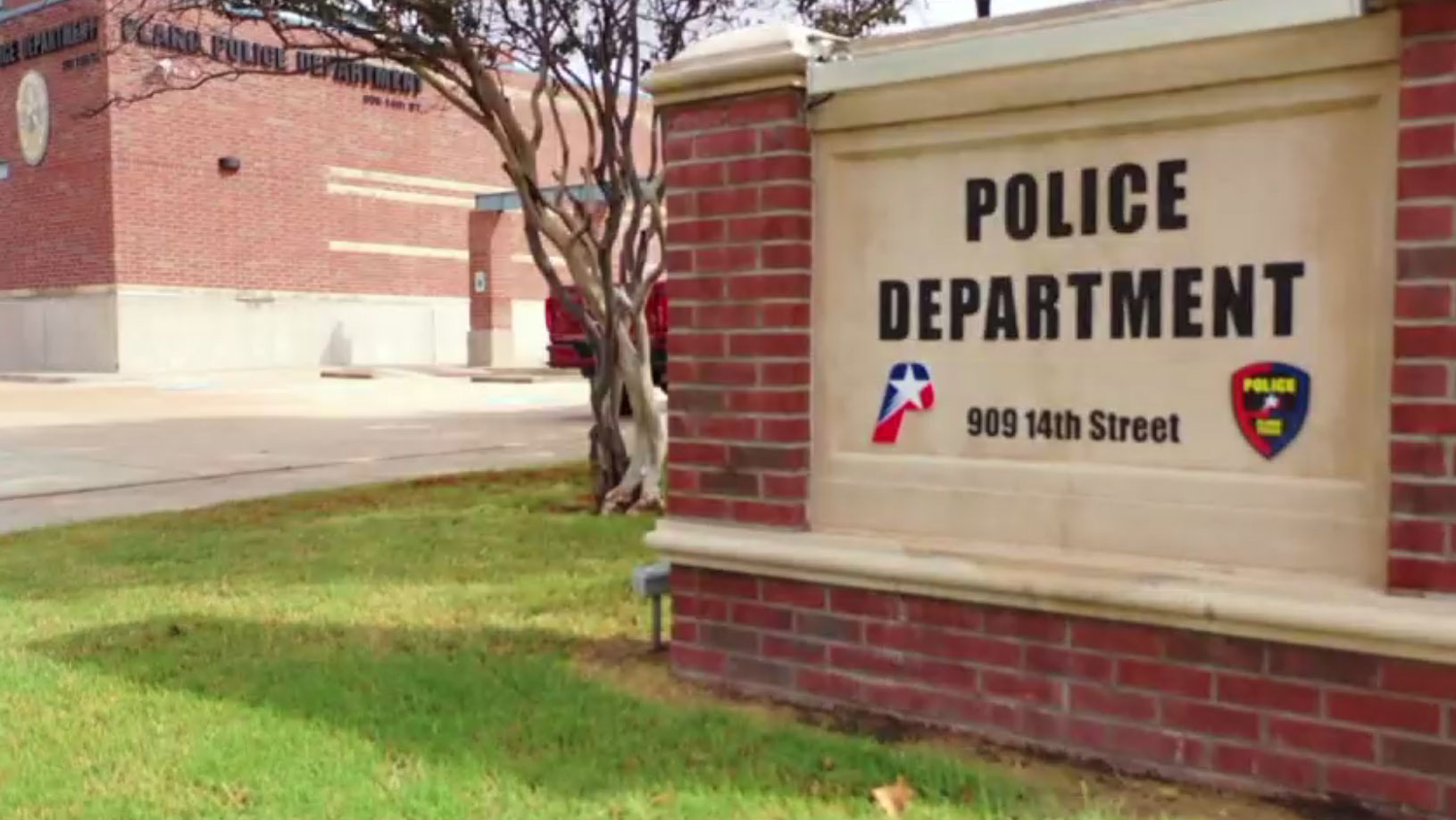The Texas Department of State Health Services issued an alert to doctors Monday, urging more Zika virus testing along the Texas-Mexico border and Gulf Coast.
Less than a month ago an NBC 5 Investigation revealed only handfuls of people had been tested in some south Texas counties with the highest risk.
The alert asks doctors to increase testing for Zika in six border counties, including Hidaglo County, along with Webb, Cameron, Starr, Willacy and Zapata counties. Specifically, the alert recommends doctors test all pregnant women in those counties if they have two or more Zika signs or symptoms, even if they have no history of traveling to other countries where Zika is actively transmitted.
Dr. Peter Hotez, dean of the National School of Tropical Medicine in Houston, told NBC 5 Investigates Monday the alert is a good start, but more south Texas counties may need to be added.
"I might consider expanding the area where we are going to do expanded Zika testing to Harris County as well as possibly Bexar County as well," said Hotez.
All of those counties in south Texas have historically seen more mosquitoes that can carry the Zika virus, one reason health officials have long feared the Rio Grande Valley could be one of the first places hit by Zika in Texas.
In September, NBC 5 Investigates traveled to the border region and found few people had been tested for Zika.
Local
The latest news from around North Texas.
The investigation found just 25 people had been tested in Hidalgo County, which is home to more than 800,000 people. In Webb County just four people had been tested in mid-September.
NBC 5 Investigates shared those numbers with Dr. Hotez last month, who was concerned not enough was being done
"It means there's no active surveillance. We are not doing any active detection of Zika transmission," said Hotez.
He fears a lack of testing in some south Texas counties could cause dangerous delays in detecting the first cases of local transmission of Zika.
"A key point here is that we may already have transmission underway in Texas, Louisiana and the Gulf Coast," Hotez told NBC 5 Investigates last month.



